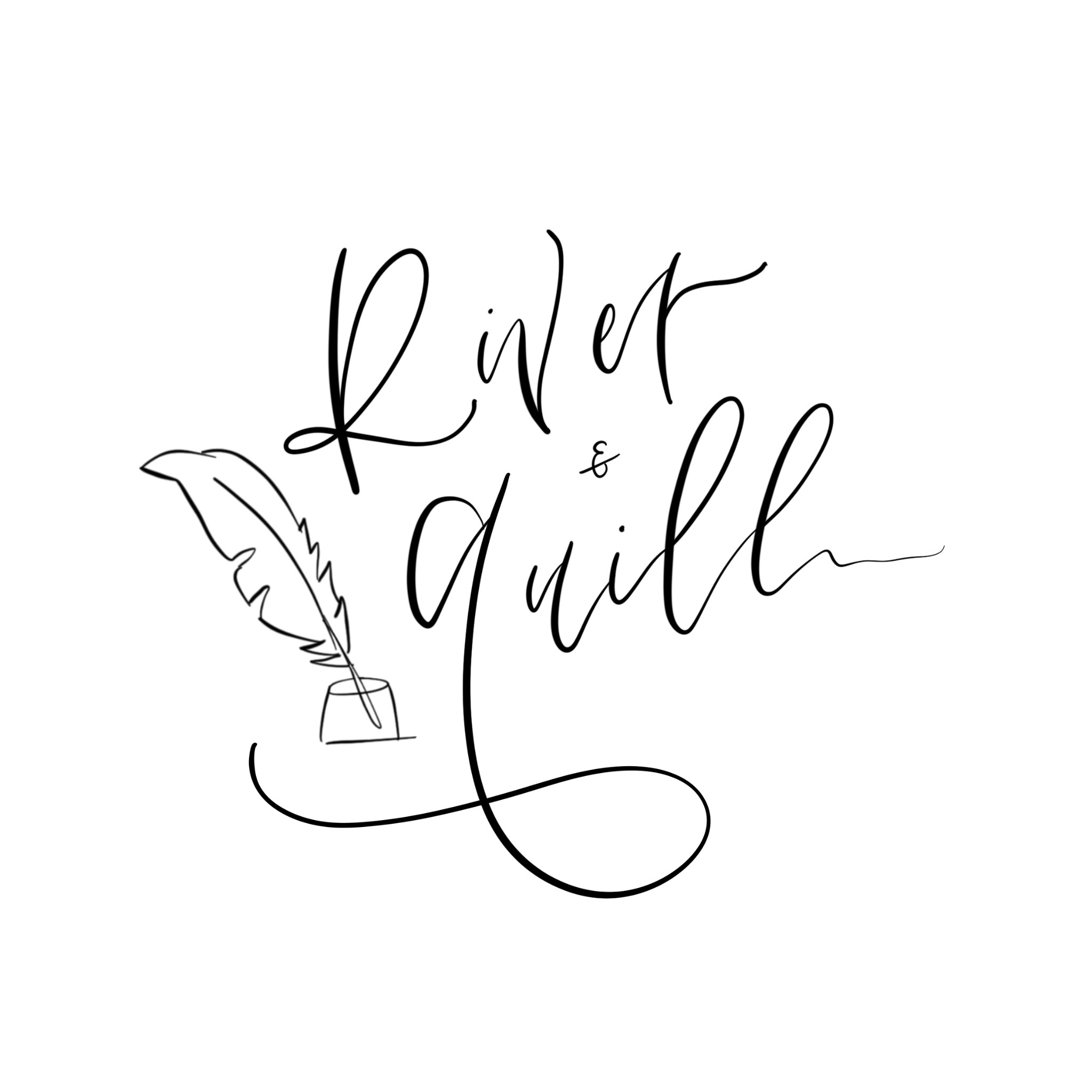I’m in the first round of an edit of my book and having to wander back to the space I was in when I was first diagnosed with Interstitial Cystitis (IC).
Ernest Hemingway said, “There is nothing to writing. You just sit down at a typewriter and bleed.”1 And indeed, I feel the wounds opening up as I go back to that time. That crazy, dark, transitional time between who I was and I who I would become.
The reality is, I now sit in a new waiting room, for new reasons. Many of you reading this are there now too. I have a feeling my blog is sought out mostly by those of you who are in between. So if that’s you, hey. How’s it going? Rough, huh?
Here’s what I am learning though, because what is bleeding if you can’t learn something from it? Richard Rohr and other spiritual teachers talk about liminal space; this space where we are at a threshold between what is next and what has been.
Often we resist it. We don’t like waiting. We don’t like wondering. We numb it out with whatever we can: T.V., food, sex, alcohol, drugs, going out, but it’s always there, isn’t it? We come home from the night out dancing, and it’s waiting for us on the couch like our dad, when we stayed out past curfew, with the same look of disappointment and concern furrowing its brow.
If we can’t escape it, then what? What do we do with this odd and unfamiliar state of being?
We lean into it, friend.
We sit in the pain.
We write and we bleed.
The day of diagnosis, I had driven myself to the procedure which would reveal IC, because the pamphlet my doctor had given me describing it didn’t make it sound all that bad. I figured I could handle it. Turns out it was the most painful experience of my life (I’ve had three children, if that tells you anything).
When I finally reached my car, I didn’t know what it was I was feeling, but I know now, it was the realization I was in this liminality. This in between.
If you’ve watched Stranger Things, you’ll know what I mean when I reference “The Upside Down”.2 If you aren’t a fan of the show, it is this dark alternative reality, where monsters lurk, and it’s always snowing strange, giant, creepily falling snowflakes.
Sitting in my car after the procedure, I felt I had entered a darker reality, “The Upside Down” if you will. It was still my car. It was still my house, my husband, my kids, my life, but monsters lurked. I wasn’t sure who I was anymore. I had to adjust everything: my diet, my clothes, my sex life, my everyday activities.
Everything was different and if I couldn’t be who I had been and I couldn’t be who I would become, who was I? Where was I? What was I?
This actually isn’t an uncommon response to a diagnosis. Kathy Charmaz, a sociologist, wrote that the beginning of a chronic illness attacks not only our physical self but also our sense of identity, making us doubt our self-worth.3
Who is this strange person in this strange world with this strange body feeling these strange things? (If you’re sensing some word play on Stranger Things, yes. It’s happening.)
I hate to break it to you, but the answers won’t exist for a while. And they will never come if we continue to hide from the pain. It’s time to grab that spiked bat and seek out your monsters, friend. I’m not saying that casually, because I know how much it sucks. We want to be beyond the threshold, in the new glimmering place, living in the safety of our acceptance, reaping the benefits of all this hard work.
It’s the work though. The work is where the good stuff is:
The monster hunting, the bleeding, the soul deconstructing – this is the stuff which reveals to us who we had unwittingly ignored for far too long living our comfortable right sight up kind of lives.
There is a holy pot of gold waiting for you, friend, but I’m afraid it’s never existed at the end of a rainbow. Usually, it lies underneath a heaping pile of shit, and it’s time to start digging.
Because I’ve been through this before, as I meander through my most recent liminal space, I know that as I mourn, I heal. [TWEET THIS]
The more it hurts, the more I become, the more it chisels away the rough edges and reveals what is underneath the stone. Doesn’t mean it doesn’t suck. Doesn’t mean it isn’t hard.
When I say to lean into the pain, I mean, feel the emotion, write about it, talk about it, cry about it, run about it, bike about it, paint about it, laugh about it, cook about it, quilt about it, garden about it, strum about it.
Then locate the feeling in your body where things are tight or empty, because the pain can morph into these when we don’t meet it soon enough or we don’t know how to find it. Meditating on these sensations in my body – this is my current method – well and writing things like this.
The point is, we must feel and hear what the ache is telling us or it will haunt us forever. [TWEET THIS]
I’m not a a total sadist however. Be kind to yourself. Take walks. Buy that red dress you’ve been eyeing. Drink that steaming cup of tea on your back porch as you watch the sun go down and soak in the pinks and purples and oranges. Read the book that makes your heart beat a little bit faster. Kiss your dog on the spot just above his nose and in between his eyes. Tell him he’s a good dog. Then tell yourself you’re a good human. You are. You’re good.
In Love Actually, Karen, played by Emma Thompson, tells Daniel (Liam Neeson), when he calls after his wife has died and he is struggling: “it was always going to be a shit time”. 4 It’s really not that profound of a line, but I think about it quite a bit.
There will be shit times, my friend. Getting a diagnosis is one of them. But, they are also these brilliant liminal spaces where we can no longer lean on the comfortable nor on what we have always known.
It’s all new. It’s all scary. It’s a shit time. It’s all upside down, but, I’m of the very strong opinion, that these liminal spaces are the places where the deepest rivers flow. The frivolous is gone. The rinds are peeled and we get to sink our teeth into the tart, sweet truth of ourselves.
So, I mean, if you’re in, I’m in. We can carry one another through this threshold and, eventually into the new.
Lean in.
Dig in.
Get your bat.
Get your shovel.
Let’s not just exist in this transitional space, but paint it and dance in it and let it do it’s work in us.
References:
1 Ernest Hemingway Quotes. (n.d.). Retrieved from https://www.brainyquote.com/quotes/ernest_hemingway_384744
2 Stranger Things [Television series]. (2016, 2017). Netflix
3 Charmaz, K. (1983). Loss of self: a fundamental form of suffering in the chronically ill. Sociology of Health and Illness, 5, (2).
4 Curtis, R. (Director, Writer). (2003). Love Actually [Motion picture]. United States: Universal Pictures, StudioCanal, Working Title Films, and DNA Films

